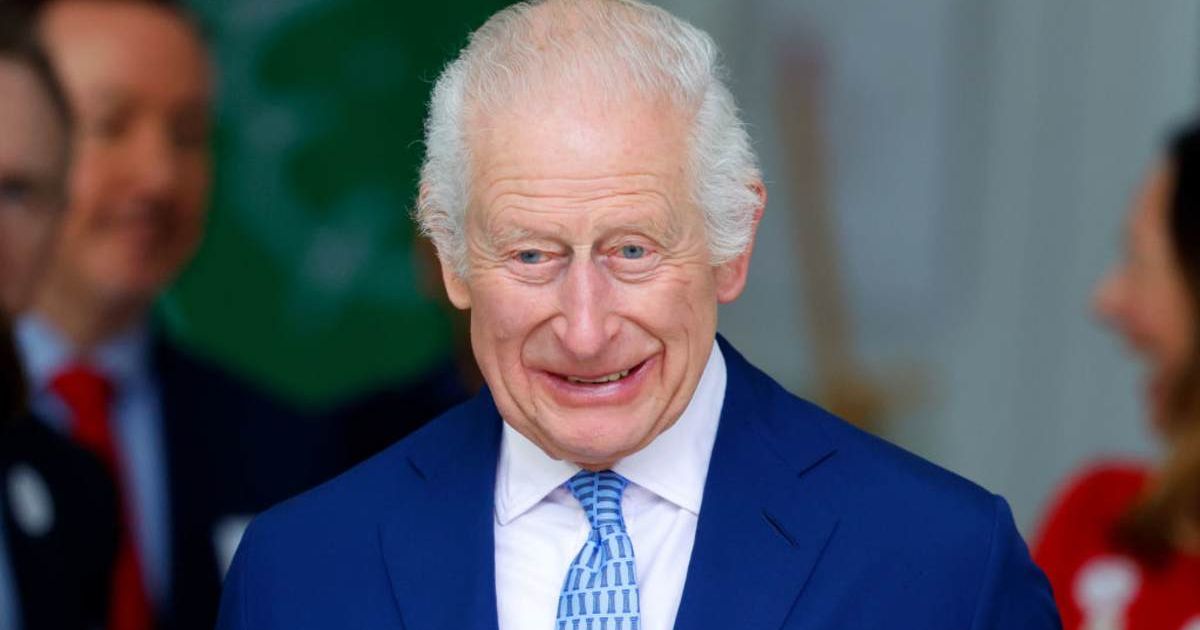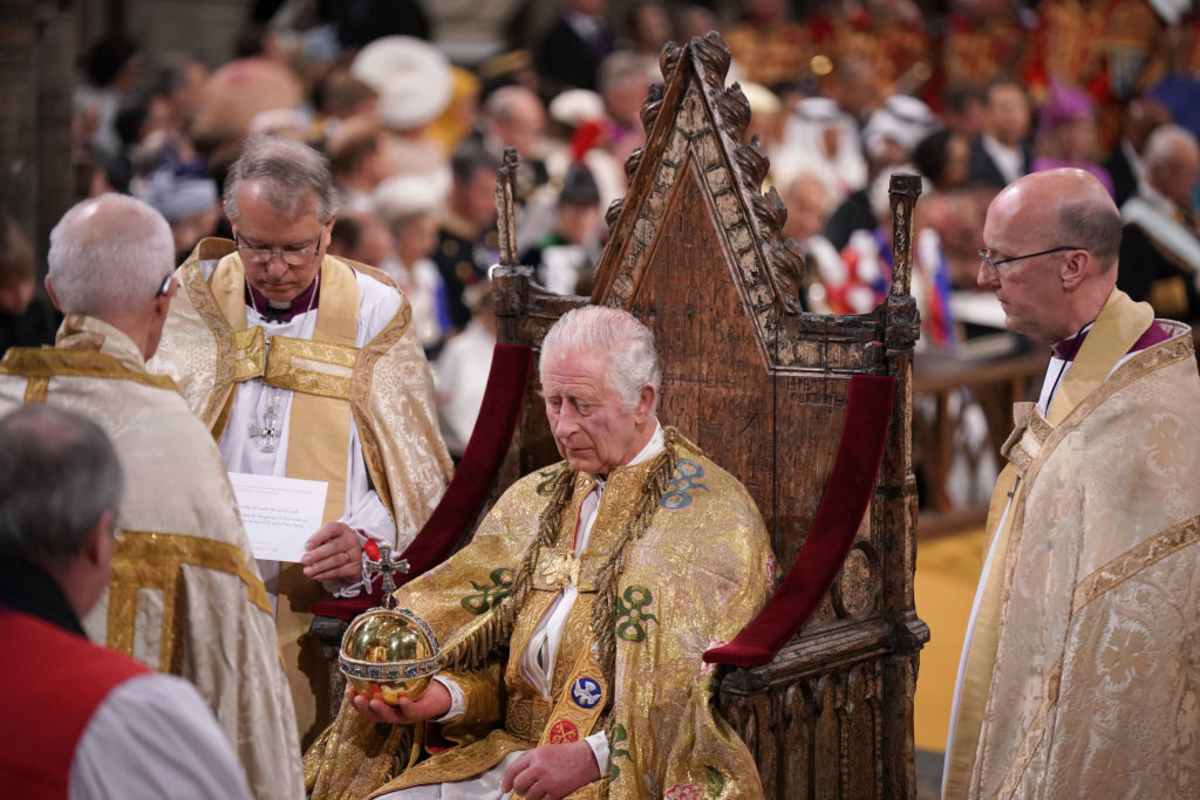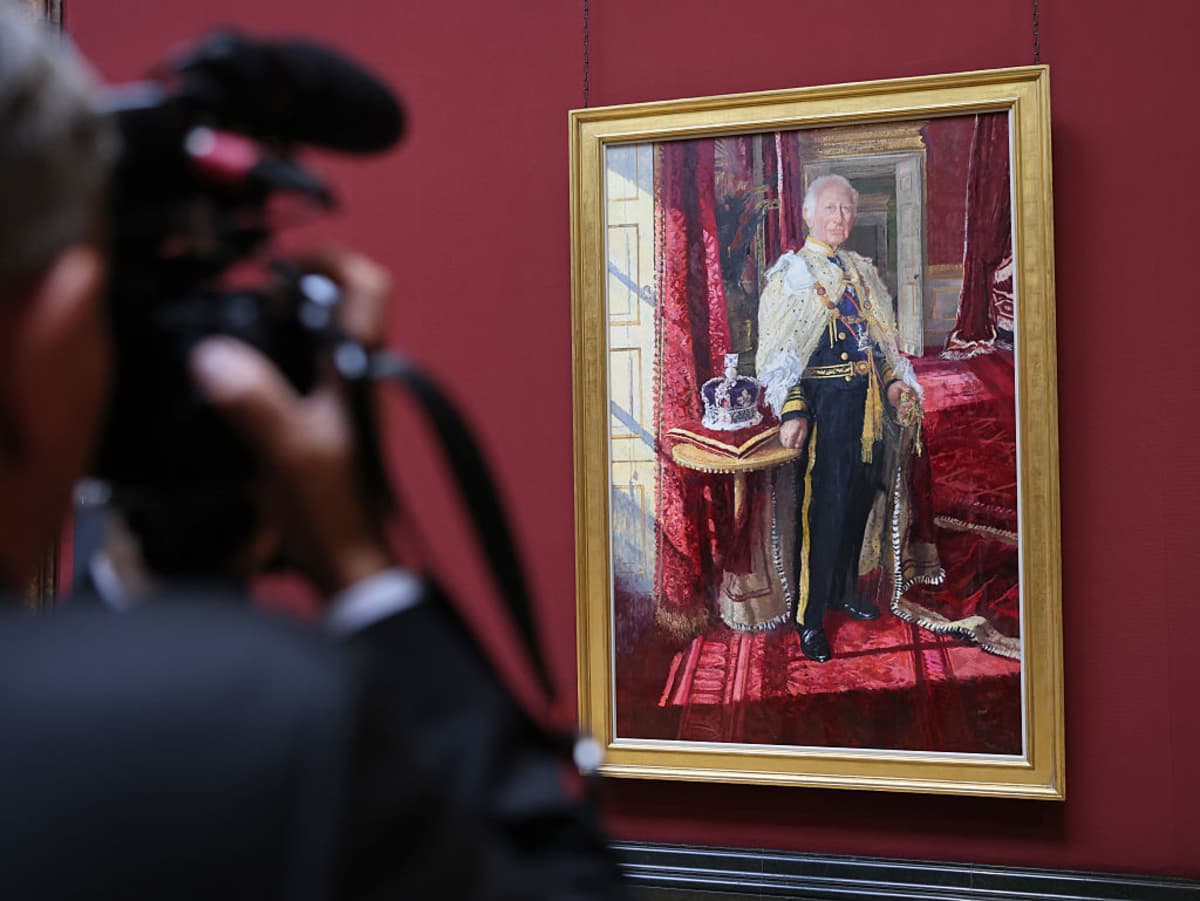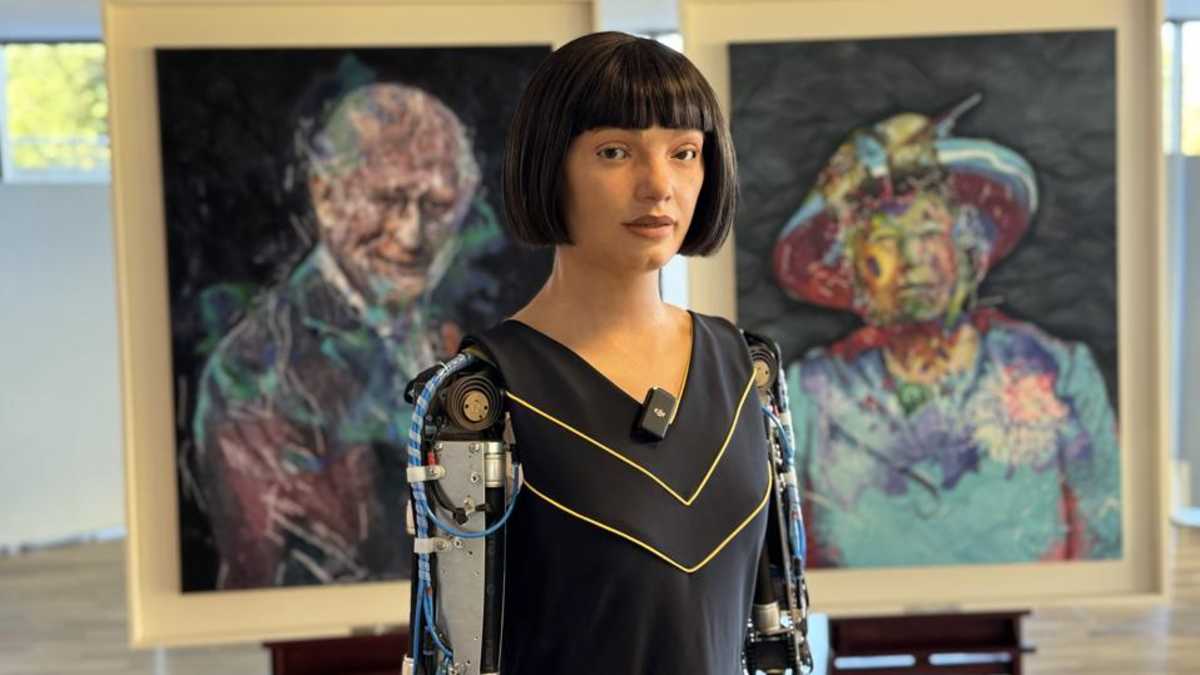Free Portrait of King Charles Distributed Across the UK — But 46,000 Institutions Reject the Offer

King Charles is back in the spotlight over his portraits, and this time, it has nothing to do with a humanoid robot. When Charles was coronated in May 2023, free portraits of the monarch were offered to public bodies, including town halls, universities, and hospitals. Once the pomp and circumstance of the coronation faded, updates on the distribution quietly disappeared. However, that changed with the release of a bombshell report claiming that over 46,000 public bodies had declined the portraits, reigniting debate over the costly initiative.

A report by The Guardian has laid bare the lack of enthusiasm for Charles’s coronation portrait. It revealed that a government initiative spent over $3.7 million offering free portraits of the monarch to public institutions. At the time, Tory deputy Prime Minister Oliver Dowden said the scheme would serve as "a reminder of the example set by our ultimate public servant." But a freedom of information request by the publication exposed it as a flop. As reported by The Daily Beast, only about 20,000 institutions, just 31%, accepted the portraits, while more than 46,000 turned them down, revealing an embarassing 69% miss rate.

The public's disinterest in the portraits comes as support for the monarchy continues to wane. According to YouGov, the share of adults who believe the monarchy is good for Britain dropped from 60% in July 2019 to 51% in March 2024. The government has confirmed that fewer than one-third of eligible public institutions requested a portrait. That included just 3% of hospitals, 7% of universities, and about one in four Church of England churches. In contrast, national and local government bodies showed much greater interest, with 73% placing orders, and all 23 coastguard organisations taking part. Even so, more than 46,500 institutions eligible for the offer chose not to request a portrait.
In response to The Guardian, the government said in its freedom of information response, "The public may have an interest in knowing which institutions applied for the King’s portrait. However, the likely motivation behind such interest may focus more on identifying which organizations did not apply rather than understanding government decision-making or policy effectiveness." The statement continued, "This type of scrutiny does not necessarily serve a broader public interest and could unfairly single out institutions for criticism over a discretionary decision that does not impact their ability to provide public services."

Last month, Charles became a topic of discussion over one of his portraits. As per GB News, on July 8, he became an unlikely muse when, at the United Nations AI for Good Summit in Geneva, Ai-Da, an ultra-realistic robot artist, unveiled a striking oil painting of the monarch. Using cameras in its eyes and advanced AI algorithms, the humanoid robot painted the image with a robotic arm, applying oil to a canvas. The unusual creation quickly found its way on the internet, where royal fans dubbed it 'creepy' and soulless, voicing concerns over AI's potential to overshadow the creativity and hard work of human artists.
